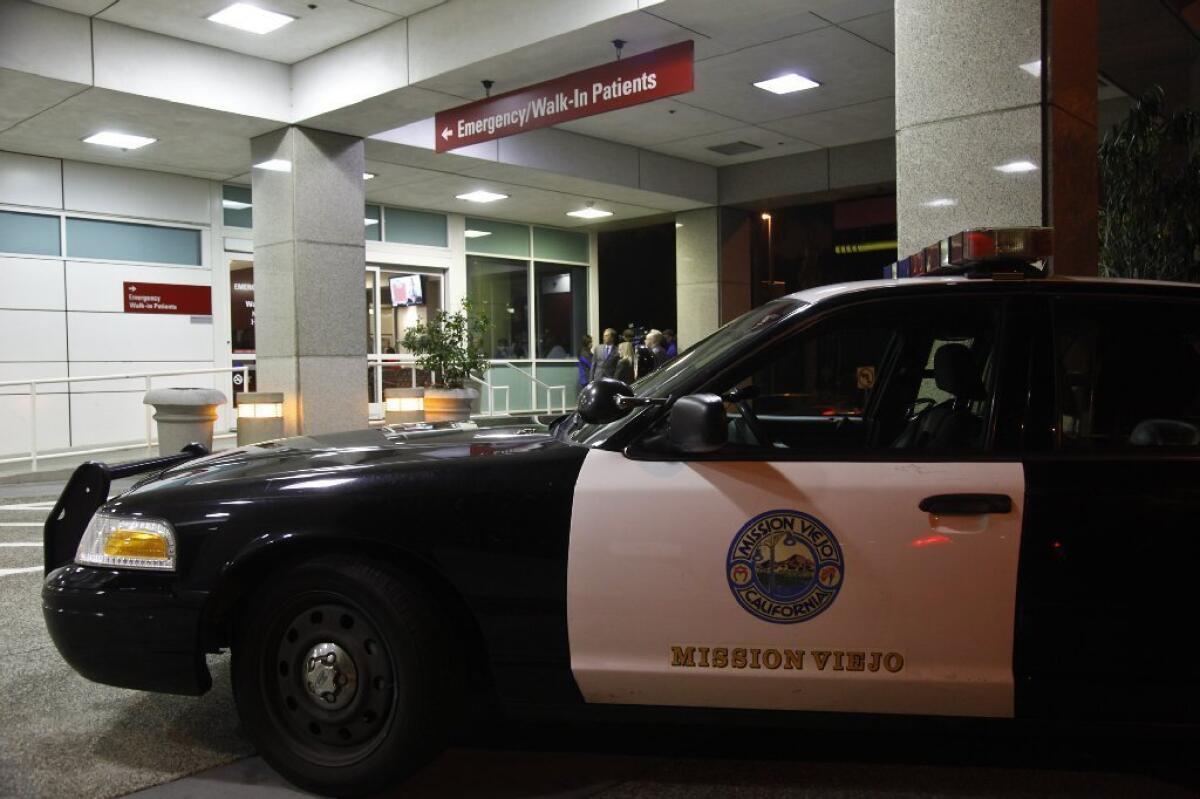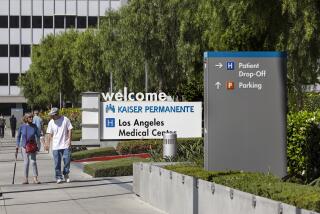How long it takes to get insurance OK to admit psychiatric patients

Psychiatrists spent an estimated 1 million hours on the phone getting insurance authorizations to admit people to hospitals – time the lead author of a study on the matter says could be better spent helping patients.
And perhaps time the patients might be suffering needlessly.
Researchers tallied over three months the time it took to get insurance OKs for patients in the emergency department of Cambridge Health Alliance in Massachusetts to see whether that time added to the overall time the patient spent waiting.
They recorded data for 53 people, ages 7 to 68. Most of them were suicidal, the researchers said. They had different insurance coverage, but in all but one case authorization was granted.
The average time to get it was 38 minutes, according to the study published Tuesday in the Annals of Emergency Medicine. For about 10% of patients, authorization took an hour or more, the researchers said.
“Our findings indicate that the need to obtain prior authorization does not add much time to the total time psychiatric patients spend” in emergency departments, the researchers wrote. If the process helps contain costs, “it does so largely through a deterrent effect – we call it ‘rationing by hassle factor’ – given that in all but one case physician requests for authorization were granted.”
The 1 million hours figure was reached by considering 1.6 million psychiatric admissions a year and the average 38 minutes of phone time for each.
“Society pays for inadequate psychiatric care,” said lead author Amy Funkenstein, a child psychiatry fellow at Brown University.
The authors said demand for psychiatric in-patient services is often higher than the supply, and patients end up staying in emergency departments longer than appropriate. Though the study sample was small, researchers said that with Massachusetts being a model for healthcare reform and the relative high number of psychiatric facilities in the Boston area, “the difficulty of accessing psychiatric services in most other parts of the U.S. is likely worse than what we found in our study.”
mary.macvean@latimes.com
@mmacvean on Twitter







